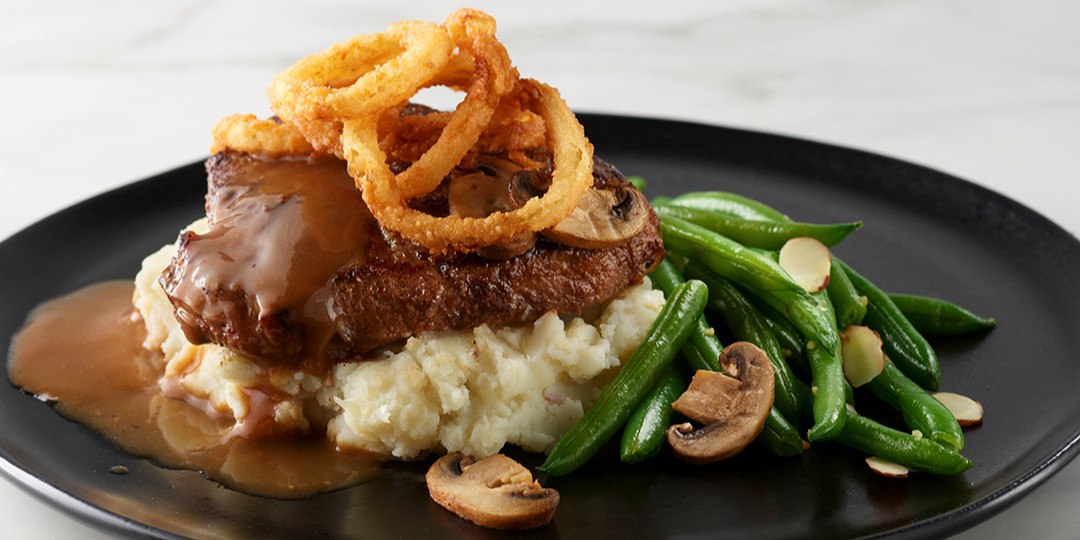Content:
The food and beverage industry has always held a magnetic appeal for investors. With the rise of recognizable brands and proven business models, many investors are now turning their attention to restaurant franchises for sale as a reliable and potentially lucrative investment avenue. But like any investment, diving into the world of franchised restaurants for sale opportunities requires due diligence, an understanding of industry dynamics, and clarity on costs—especially franchise fees for restaurants.
In this blog, we’ll explore the key things investors need to know before purchasing a restaurant franchise and take a closer look at Perkins American Food Co—a long-standing player in the franchised restaurant industry—as a case study for best practices and success.
Why Restaurant Franchises for Sale Appeal to Investors
Franchised restaurants offer a unique combination of brand recognition, standardized operations, and a proven business model. These three pillars reduce much of the guesswork involved in starting a new business. For investors who are not seasoned restaurateurs, the backing of a franchisor’s training, marketing support, and systems infrastructure can significantly de-risk the investment.
Some of the key benefits of investing in a restaurant franchise include:
- Built-in customer base and brand recognition.
- Access to a playbook for operations, hiring, and marketing.
- Franchisee training and ongoing support.
- Purchasing power for ingredients and supplies.
However, not all restaurant franchises for sale are created equal. The devil is often in the details—especially when it comes to costs, location viability, competition, and management requirements.
Understanding Franchise Fees for Restaurants
Before purchasing any restaurant franchise, it’s crucial to understand the franchise fees for restaurants and the other associated costs. These fees can vary widely based on the brand, size, and market strength of the franchise.
Common fees and costs include:
- Initial Franchise Fee – This is the upfront cost to obtain the rights to use the franchise brand and system. It typically ranges from $30,000 to $60,000.
- Royalty Fees – An ongoing percentage of your gross sales paid to the franchisor, usually between 4% and 8%.
- Marketing/Advertising Fees – A contribution to national or regional marketing campaigns, typically 1%-3% of sales. Additionally there is usually a local store marketing fund (1% to 2% of Gross Sales) where franchisees are required to advertise in their local area.
- Startup Costs – Real estate, equipment, signage, initial inventory, and working capital can bring total investment needs to several hundred thousand dollars or more.
When evaluating franchised restaurants for sale, always ask for the Franchise Disclosure Document (FDD). This legal document provides detailed information about fees, financial performance, obligations, and risks.
Perkins Restaurant & Bakery: A Case Study in Franchise Success
Perkins Restaurant & Bakery is a prime example of a successful and sustainable franchise model in the mid-tier casual dining segment. Founded in 1958, Perkins has grown into a recognizable national brand with nearly 300 locations across the United States and Canada.
What Makes Perkins Stand Out?
1. Diversified Menu & Day-Part Flexibility
Perkins has built a reputation for its all-day breakfast offerings, but it also boasts a well-rounded lunch and dinner menu. This gives franchisees the advantage of consistent traffic throughout the day, maximizing revenue potential across all meal times.
2. In-House Bakery Concept
A unique differentiator is its in-house bakery, which not only adds a revenue stream with pies, cookies, and muffins but also helps drive repeat visits. Many restaurant franchises for sale fail to offer such distinctive value propositions.
3. Strong Franchise Support
Perkins provides franchisees with extensive training, site selection assistance, architectural design support, and marketing strategies. Their ongoing support ensures franchisees are equipped for long-term sustainability.
Best Practices When Evaluating Restaurant Franchises for Sale
If you’re an investor considering entering the franchised restaurant world, keep the following best practices in mind:
1. Evaluate the Brand Strength
Is the franchise restaurant well-known? What is its public perception? How long has it been around? A strong brand like Perkins has decades of name recognition, which can significantly ease the process of customer acquisition.
2. Understand the Franchise Fees for Restaurants
Get a clear breakdown of the franchise fees for restaurants and understand what you’re paying for. Some franchises charge high fees but offer very little support in return. Others, like Perkins, provide robust training, site assistance, and ongoing marketing.
3. Review Franchisee Satisfaction
Talk to current and former franchisees. Ask about their experiences, profitability, challenges, and what they wish they knew beforehand. Their insights can offer a reality check beyond what corporate presentations might say.
4. Consider Operational Complexity
Not all restaurant franchises are equal in terms of operational demands. Some require high headcounts and tight food safety protocols. Others offer streamlined models with simpler operations. Know what you’re signing up for.
5. Assess Market Saturation and Territory Rights
Ensure you’re not opening in a location that’s oversaturated with similar offerings or other franchise units of the same brand. Some franchisors offer exclusive territory rights—an important factor for your long-term success.
Final Thoughts: Is a Restaurant Franchise Right for You?
Investing in a restaurant franchise for sale is a serious business decision that offers both risk and reward. With the right due diligence, clear understanding of franchise fees for restaurants, and a strategic choice in brand—such as Perkins—you can mitigate many of the common pitfalls associated with restaurant ownership.
Whether you’re looking to diversify your investment portfolio or become more hands-on in the food industry, restaurant franchises for sale present a structured, scalable opportunity. With a blend of brand equity, operational support, and a solid product offering, franchising may be your ticket into a thriving, customer-driven business.
Ready to explore the Perkins Franchised Restaurant brand? Contact our franchise development team today!
